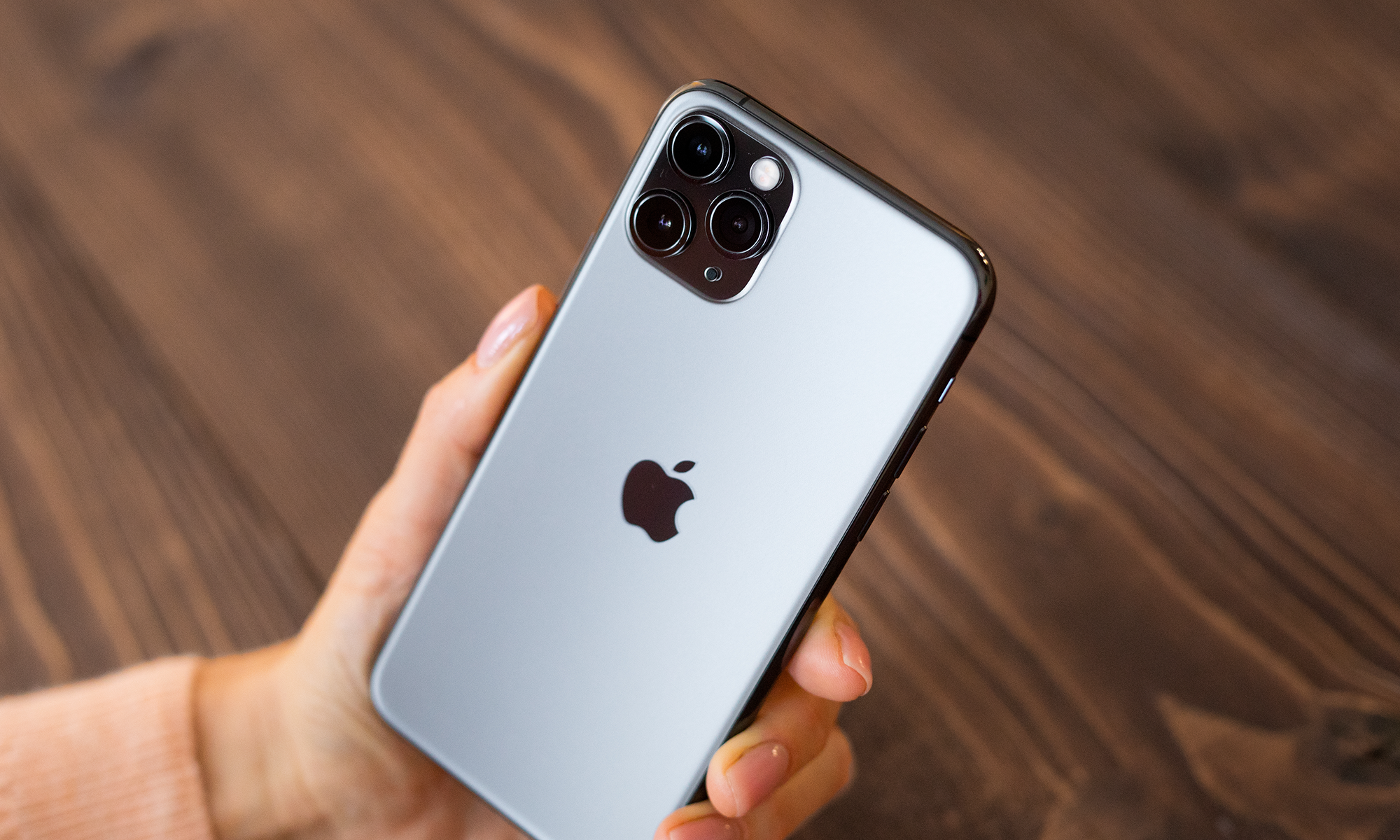The stars appear to be aligning for iFans, as Apple's (AAPL +0.47%) stock price continues to creep up toward $100 a share, following the 7-for-1 stock split, bumping up against record highs. Sales are skyrocketing, new products (finally) are supposedly on the horizon, and Apple seems to have once again become the darling of Wall Street. What's not to love?
In the near-term, Apple is poised to out-perform for a lot of reasons. The aforementioned new products will, assuming they come to fruition, be a much-needed shot in the arm. Not to mention, Apple investors could use a reminder that it's still a leader in developing innovative devices: a given just a couple years ago. More good news is that Apple continues to grow market share in the U.S., even as Google (GOOG 0.02%) (GOOGL 0.05%), with its Android OS, remains flat, as does Microsoft's (MSFT 0.74%) upstart Windows Phone OS. But there are potential bumps in the road that need to be addressed for Apple to continue its stellar run.
The good news
There's no doubt about it, U.S. consumers love their iPhones. According to recent data from comScore, Apple is one of the few smartphone manufacturers that is actually growing market share, as both an original equipment manufacturer, or OEM, and as an OS platform. As of May of 2014, Apple owns 41.9% of the U.S. smartphone subscriber market, up from 41.3% in February. That's not bad, considering how saturated the U.S. smartphone market is. Domestically, 70% of all mobile phones sold are smartphones, which plays right into Apple's wheelhouse.
As for OS penetration, Apple more than holds its own with industry-leading Android. While Google's Android OS remained flat at 52.1% in May, Apple gained an ever-so-slight 0.6 percentage points. That may not seem like much, until you consider Apple's iOS was the only operating system to actually gain domestic market share the past several months.
Of course, when discussing Apple, there are always rumors. The most talked about rumors of late are that Apple is nearing the launch of its iWatch this fall, and a larger screen iPhone 6 is in the works. Both devices can't come soon enough, as it's fairly clear investors have factored in the successful launch of both products into Apple's current stock price. New form factor? A new, and improved, iPhone? These are what iFans everywhere have been waiting for, and it appears we're not too far from seeing the results of Chief Executive Officer Tim Cook's efforts.
While certainly noteworthy, these are near-term solutions. No doubt a successful rollout of an iWatch will positively impact Apple's share price, particularly if it can beat out Google's recently released version of its own smartwatch. And a new iPhone? That's a slam-dunk. But long-term growth won't be determined by a saturated U.S. market hoping consumers will gravitate to yet another iPhone iteration.
Going forward
It's no secret that emerging markets are where long-term mobile growth lies. Folks in India, the Far East, and the Middle East and Africa are clamoring for smartphones. And as faster networks are made available to underserved regions, sales of mobile devices in general, and smartphones in particular, will sky rocket. But it's here that Google, and to an extent even Microsoft with its low-end ex-Nokia phone line-up, have a leg up on Apple.
On a global basis, Apple's iOS market share has continually declined for each of the past three years. In Q1 of 2012, Apple's share of the global smartphone OS market stood at 23%, compared to Android's 59.2%. As of Q1, 2014 Android has jumped to over 80% market share, while Apple has shed nearly 8 percentage points, dropping to 15.2%.
Final Foolish thoughts
A new iPhone and iWatch have been a long time in the making, and will no doubt cause a splash: both in the amount of buzz created, and an inevitable bump in Apple's share price. And that's good news for Apple shareholders, and will most certainly result in new, all-time high valuations. But what a new watch and phone won't do is address Apple's biggest threat: little to no growth in key, emerging markets.
Google, and even Microsoft, both have a bevy of low-end, smartphone alternatives for the millions of underserved mobile phone consumers around the world. That's why both Google's Android and Microsoft's Windows Phone are expected to continue growing over the next several years. Apple's decline in smartphone global market share will continue until it opts to manufacture alternatives designed for the rest of the world.










